How to Get Into Residential Construction: A Guide For Aspiring Pros
No experience? No problem! Learn effective strategies to break into the residential construction industry without experience & prepare for a successful career.

If a desk job is not your cup of tea, and you like building things perhaps you have found yourself wondering “how do you get into construction?”. Maybe you’re like Geraldine Smith, owner of All Inclusive Construction, who had a unique entrance into the residential construction industry. “I spent fifteen years in corporate human resources,” she says. “I just got sick of living in a cubicle, so I decided to resign, took some time off and met someone who had a small handyman company. I thought, ‘I have degrees in marketing and human resources management. I can help grow the business.’ He left the business, and I’ve been doing it on my own for about three and a half years now — a fully woman-owned construction business.”
The workforce in the residential construction field is growing younger, more diverse and increasingly sophisticated about technology. As older workers age out and the industry continues to experience a labor shortage, residential construction can provide career opportunities no matter your experience level.
In this article, we explore how to get into the construction industry, why a career in home construction might be right for you, and what steps to take to get there.
Click on a link below to jump straight to the section you’re most interested in:

Why Choose a Career in Home Construction?
For those who like to work outside of an office and like the challenge of building things with their hands, learning how to get into residential construction can be rewarding. There is potential for career advancement as you build your skills and experience, and opportunities for specializing in a specific trade or type of home construction. With a shortage of labor in the construction business, employers are always on the lookout for high quality construction workers and therefore the field can provide strong job security.
Smith understands the need for more people to join the construction industry. “My biggest challenge is finding people,” she says. “They're expecting about 41% of the current construction workforce to start aging out and retiring over the next 5 or 10 years. Construction is something that there’s always going to be a need for. Even as the economy ebbs and flows, there are still going to be times when people have leaks and have to repair their bathroom. There are still going to be times when there are storms or natural disasters and people have to fix their house. Whether it’s feast or famine, there’s still work in this industry.”
Pay scales vary with the type of skills and experience, and while a college degree is usually not required to get started, certification programs, apprenticeships and college can improve the chances of gaining a higher paid position out of the gate.
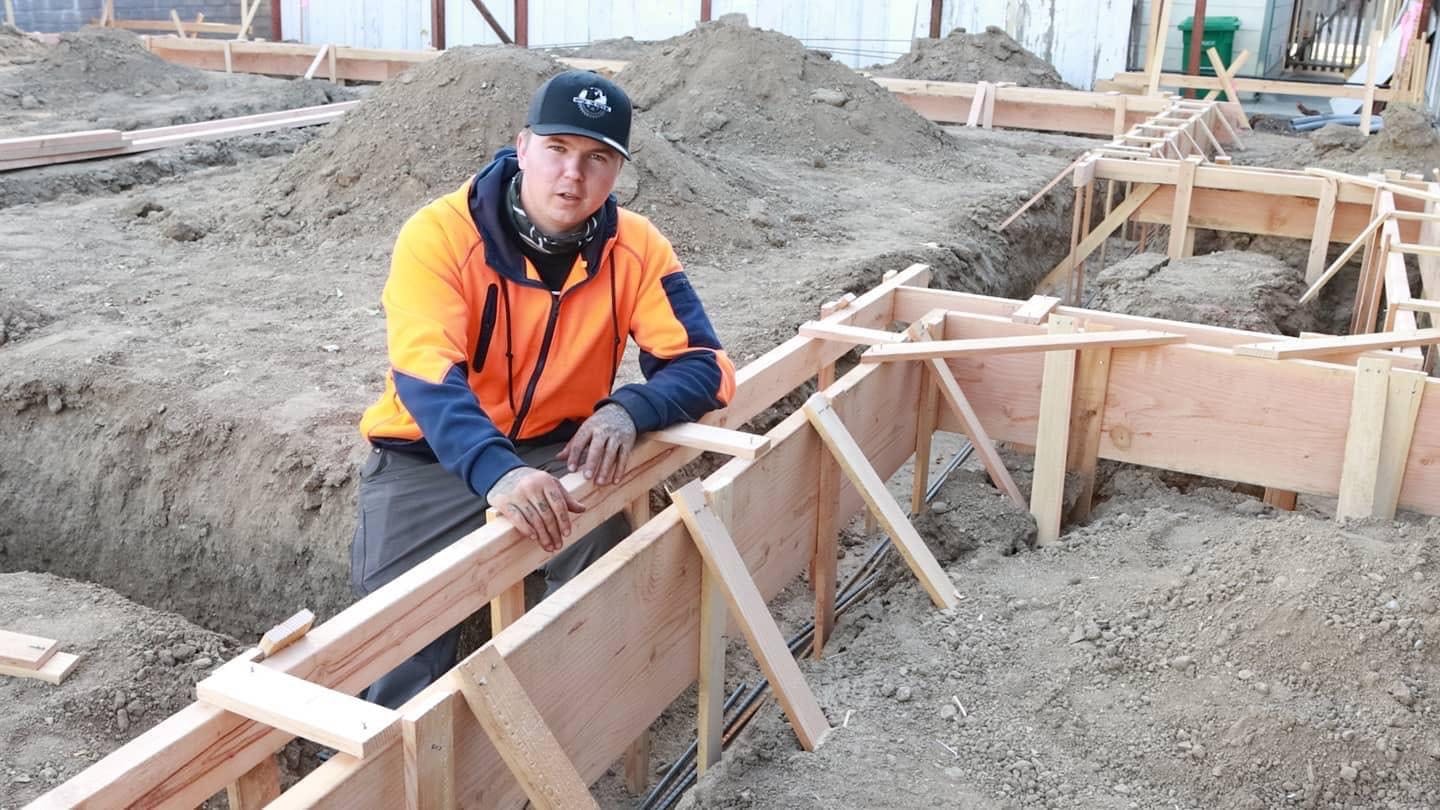
Potential Career Paths
The answer to how to get into home construction is not one-size fits all. There is a wide variety of job titles on any job site, including foreman, middle manager and laborer. The skills and education requirements vary depending on the position. Here is the basic hierarchy in construction.
Upper Management: Those in this highest supervisory role are typically involved in the initial planning and design of a project, overseeing those in middle management roles. These roles require more than entry-level experience and skills and are usually filled by someone who has a wide range of knowledge about the residential construction field. They typically have management experience also.
Middle Management: The day to day supervision of a job and the job site falls to these construction supervisors who are likely to be with the project from start to finish. This is a great career advancement for construction workers who seek to move their way up the management ladder as they gain on the job experience.
Construction Workers: Whether they are specialty workers in the trades such as plumbers, electricians, or the general laborers, who do digging, building, and site prep work, these employees perform the physical labor on a construction site. The more specialized trades typically require training, schooling and licensing, or working as an apprentice first.
General laborer jobs are a good way for those with little experience to break into the construction business.
Learn more about the range of positions in residential construction in our Guide to Construction Job Titles.

How to Get into Construction Without Experience
There are many opportunities for those with no or little experience to get started in construction, but it means starting in some of the more basic laborer positions. Here is a sampling of some common entry level positions where you may be able to land your first job:
- Carpentry Laborer: This is a way to learn basic carpentry skills. You will also likely be breaking down tools on the job, helping to clean up debris on the site, carrying equipment and taking on other basic tasks and putting wherever you can be most useful.
- Masonry Worker: Starting as a laborer, you will likely be asked to carry and put in place the materials masons use to build walls, patios, walkways and more. This provides the opportunity to work beside a masonry pro and learn some of the skills of the trade.
- General Contractor’s Laborer: Consider this a version of carpentry laborer, but on steroids. A residential general contractor is likely to work on a wider variety of jobs such as home additions, remodeling of rooms and framing out new houses. This position provides a chance to see a wider variety of trades at work on a job site while you begin to hone your carpentry skills.
- Roofing Laborer: This position typically involves helping to tear up the old roofs, carrying materials and cleaning up sites. Again, while it is not a glamorous start, it is a chance to gain knowledge of proper roofing installation techniques.
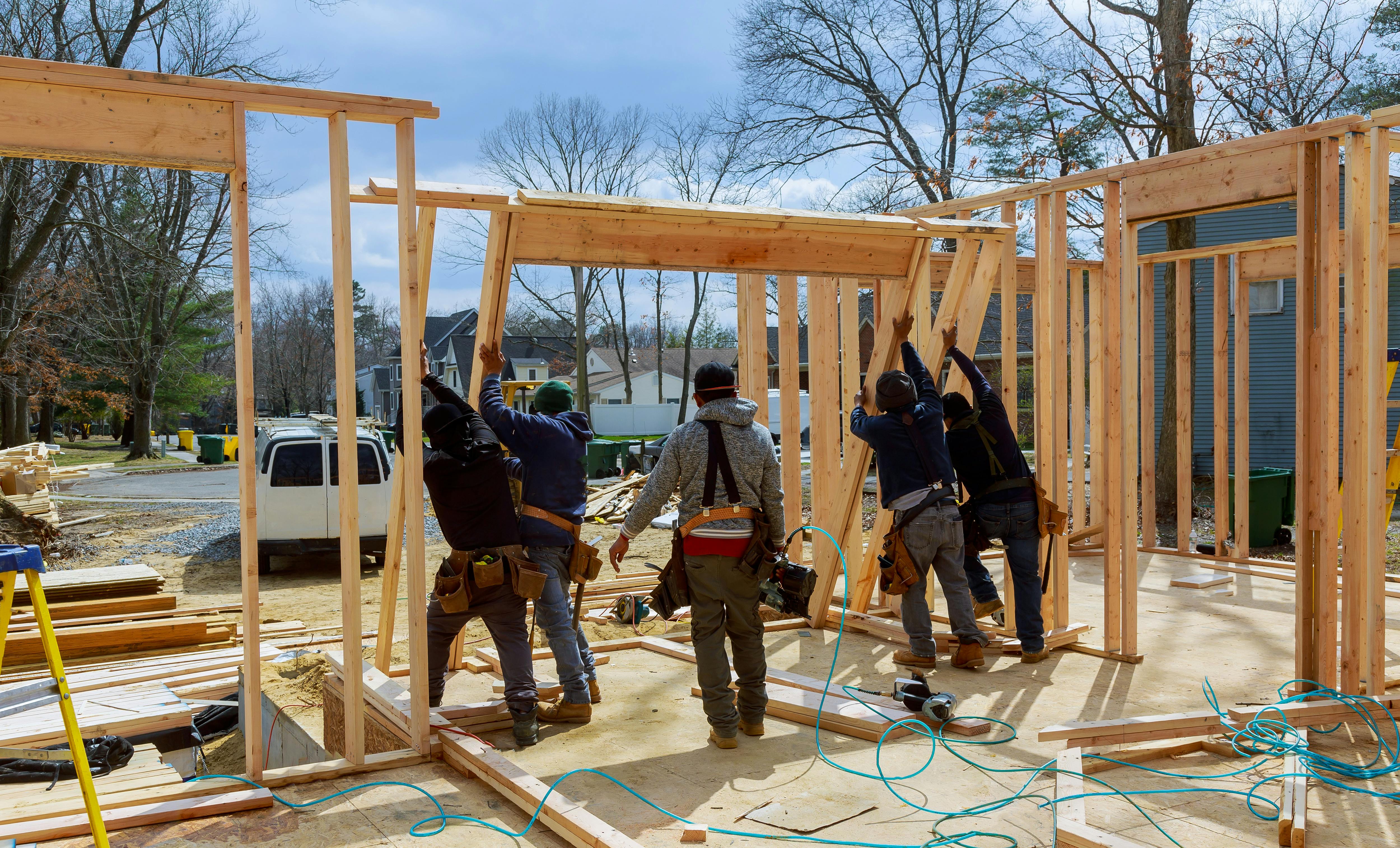
How do you find these positions? Here are some tips for finding your first job in residential construction:
- Write a Resume: Even if you have few construction skills, draw up a resume that emphasizes experience and characteristics that an employer will find attractive. Highlight attributes that fit your personality such as being a fast learner, dependable, detail oriented or good with time management.
- Seek Temporary Work: Contact temp agencies to see if there are positions available on a short term basis that will help you build your skills and resume for a more permanent position elsewhere. It can also help you test the waters, and determine what type of work and tasks you prefer over others.
- Tap Your Networks: You never know what opportunities can come through the connections of friends, family or fellow students. Let them know you are seeking to pursue a career in residential construction. Learn more about Networking in Construction in our next guide.
- Apply for an Apprenticeship: An apprenticeship can help you learn the trade and be paid while you are doing it. It typically combines on the job training with classroom instruction, and requires a commitment of at least a year or more.
- Consider Laborer Jobs: While you will be doing manual tasks as a laborer, you will be on job sites and learning. These jobs are relatively easy to get.

Essential Skills & Knowledge for Home Construction Professionals
The specific skills needed to become a home construction professional will depend on the specialty or trade you decide to pursue. However, these needed skills and attributes apply across the board if you want to become a home construction pro:
- Communication Skills: Construction work is a team sport. Workers need to be able to communicate with others in collaborating on a project, asking for assistance or helping a coworker.
- Physical Stamina: Most every construction position requires having a certain amount of physical endurance. Workers often must lift heavy objects and perform tasks that require them to stand or squat for long periods of time.
- Math Aptitude: Most construction workers must be able to calculate math equations while working, take accurate measurements, and be able to read blueprints.
- Being a Self-Starter: While construction workers do receive some instruction on what tasks to pursue on the job, it is up to them to follow the instructions and complete the tasks. Therefore, being self-motivated, and able to get the work done with little supervision is a plus.
- Time Management: Completing projects on time is key in avoiding cost overruns and unhappy clients. Knowing how much work you can complete in a day is key for setting and maintaining realistic timelines to stay on schedule.
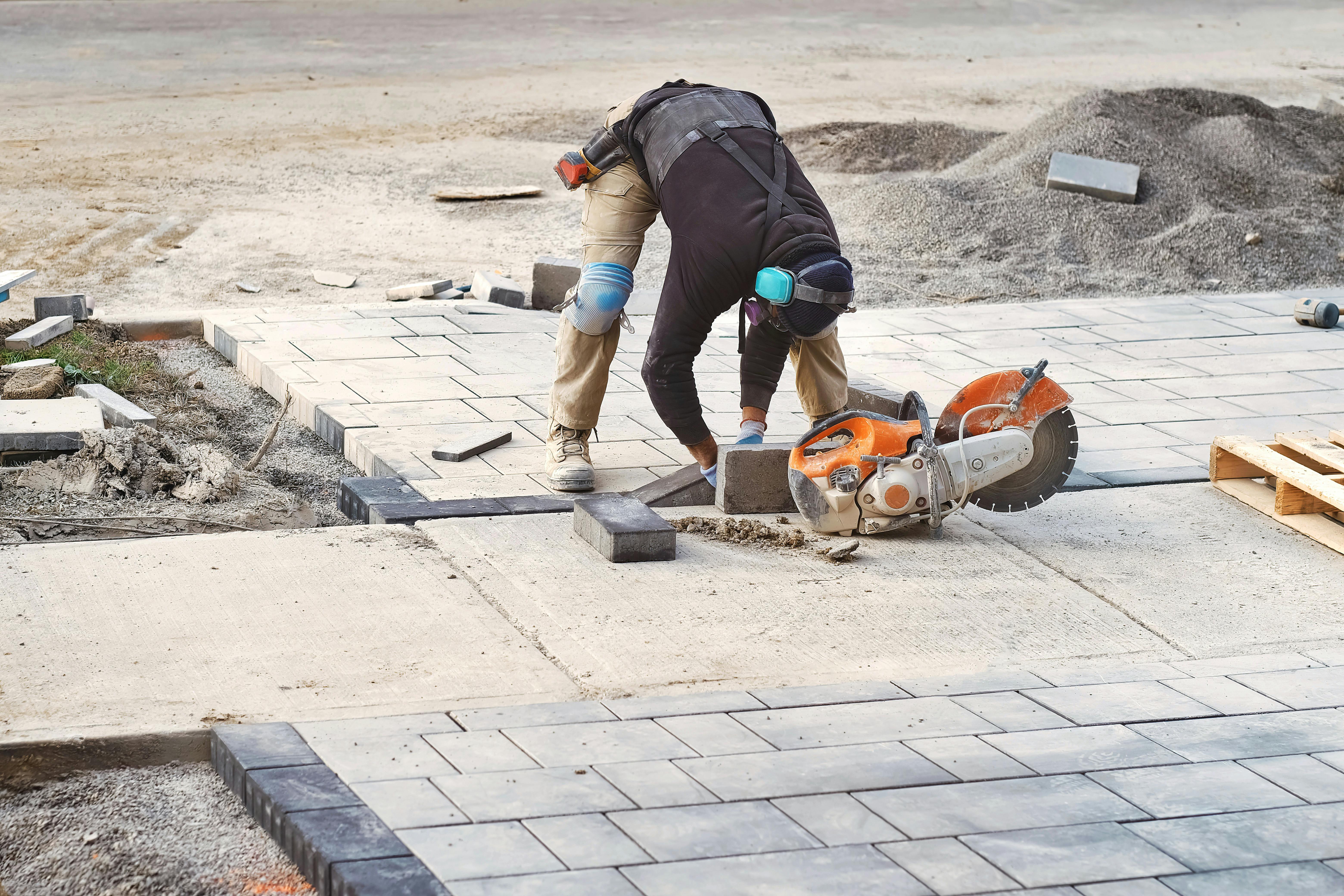
Other Schooling Opportunities
Instead of starting an entry level position, you may decide to pursue schooling to gain the skills, experience and credentials that will increase your chances of success in the home construction field. There are many types of trade programs and construction schools available at various levels and lengths. Learn more in our Guide to the Top Construction Schools in 2023.
Ongoing learning and professional development will help you keep up with the latest industry trends, building materials and techniques. There is a wide range of certification programs available. Some employers may require that you attend specific safety courses at the start of employment. These include a Occupational Safety and Health Administration Construction Certificate that covers knowledge of recognizing hazards, and when to file a safety complaint. A Silica in Construction Certificate is an online course about ways to decrease exposure to particles of silica, which is released by tools such as drills, saws and sanders. This Guide to Construction Certifications details the many other programs available.
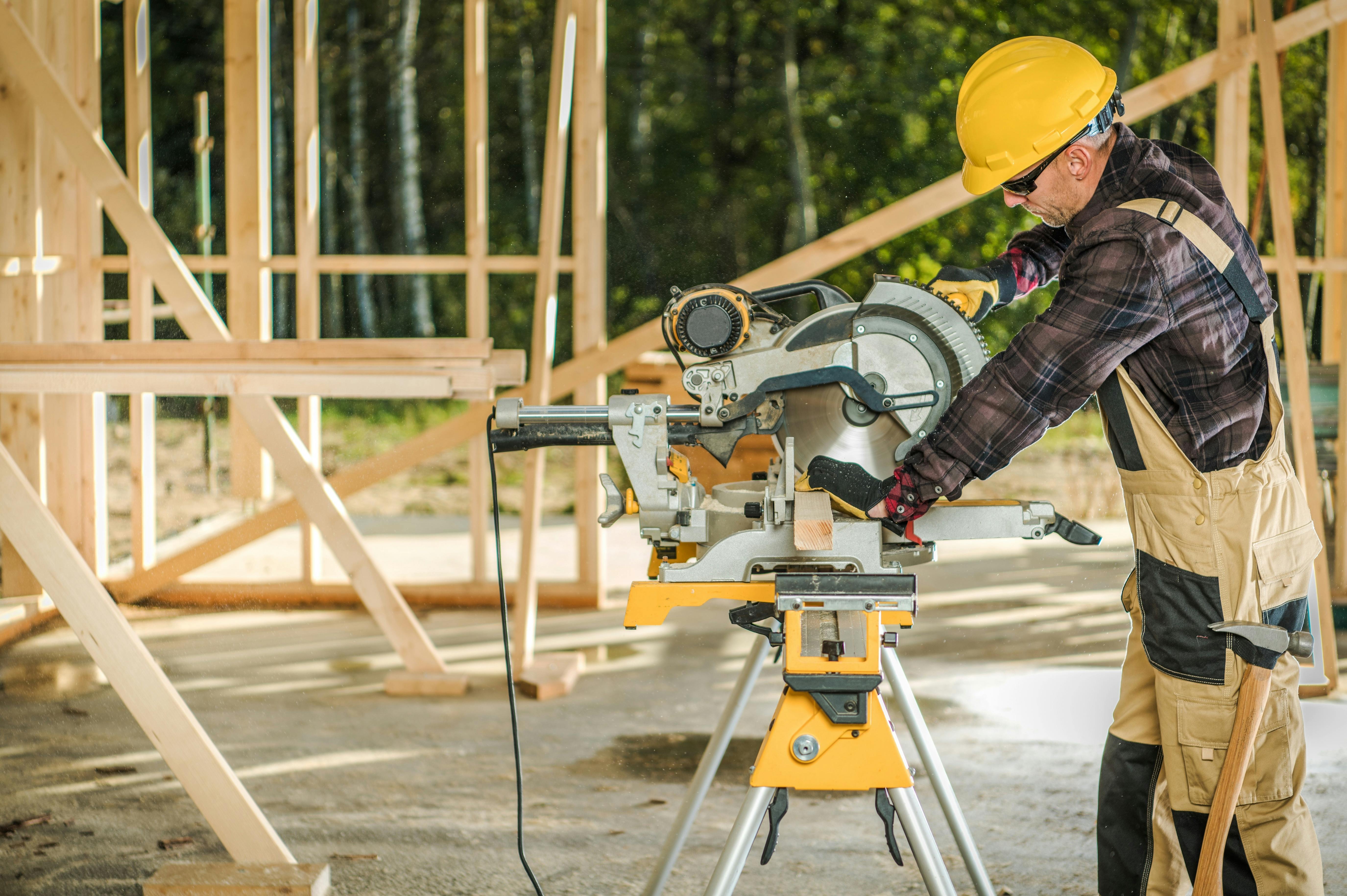
Building your Professional Network in the Construction Industry
Networking provides a great way to get inspiration, stay on top of industry trends, and find new opportunities as you grow in the field. Here are some ways to start building connections:
- Join Professional Organizations: Seek out local branches of national home building groups. National organizations with local chapters in major cities include Associated Builders and Contractors, Associated General Contractors of America (AGC), and American Institute of Constructors.
- Attend Trade Shows: These shows highlight the latest products and trends in home building, and provide a way to meet others in the construction industry through booths, panels, and social happy hours.
- Be Ready to Network: You never know where you will meet someone who can help you in your next career step. Have your elevator pitch and business cards at the ready no matter where you are.
Explore these and more networking tips in our Guide to Networking in Construction

Finding Opportunities to get into Home Construction
Employment job sites are of course one place to seek out jobs, but going beyond them will up your chances of landing your first construction job.
- Be Proactive: Find the construction companies in your area, check out their websites and learn what type of work they specialize in. If you find some that are a good fit, reach out to them. Even if a company is not hiring at the moment, they may be in the future, and they may know someone who is. You can even ask if they have time for a coffee. Professionals are often willing to share their advice.
- Create a Compelling Resume & Portfolio: If you have done any construction projects, even if they were not paid, they can be used to showcase your skills. Take high-quality photographs of the work to include in your portfolio. Highlight your construction skills in a resume, along with the other attributes that show you are a reliable, curious and motivated worker.
- Seek out Apprenticeship & Entry-Level Jobs: Construction is a trade you learn by doing, and many residential builders receive their training on the job. Research possible apprenticeship positions, and don’t be afraid to take on a position that is entry level. This will get your foot in the door and can lead to other opportunities, while giving you a feel for what it is like to work in the construction business.
- Find a Mentor: Do you know someone working in the construction field who can help serve as a guide? A mentor can provide valuable tips and give you encouragement through the rough patches.
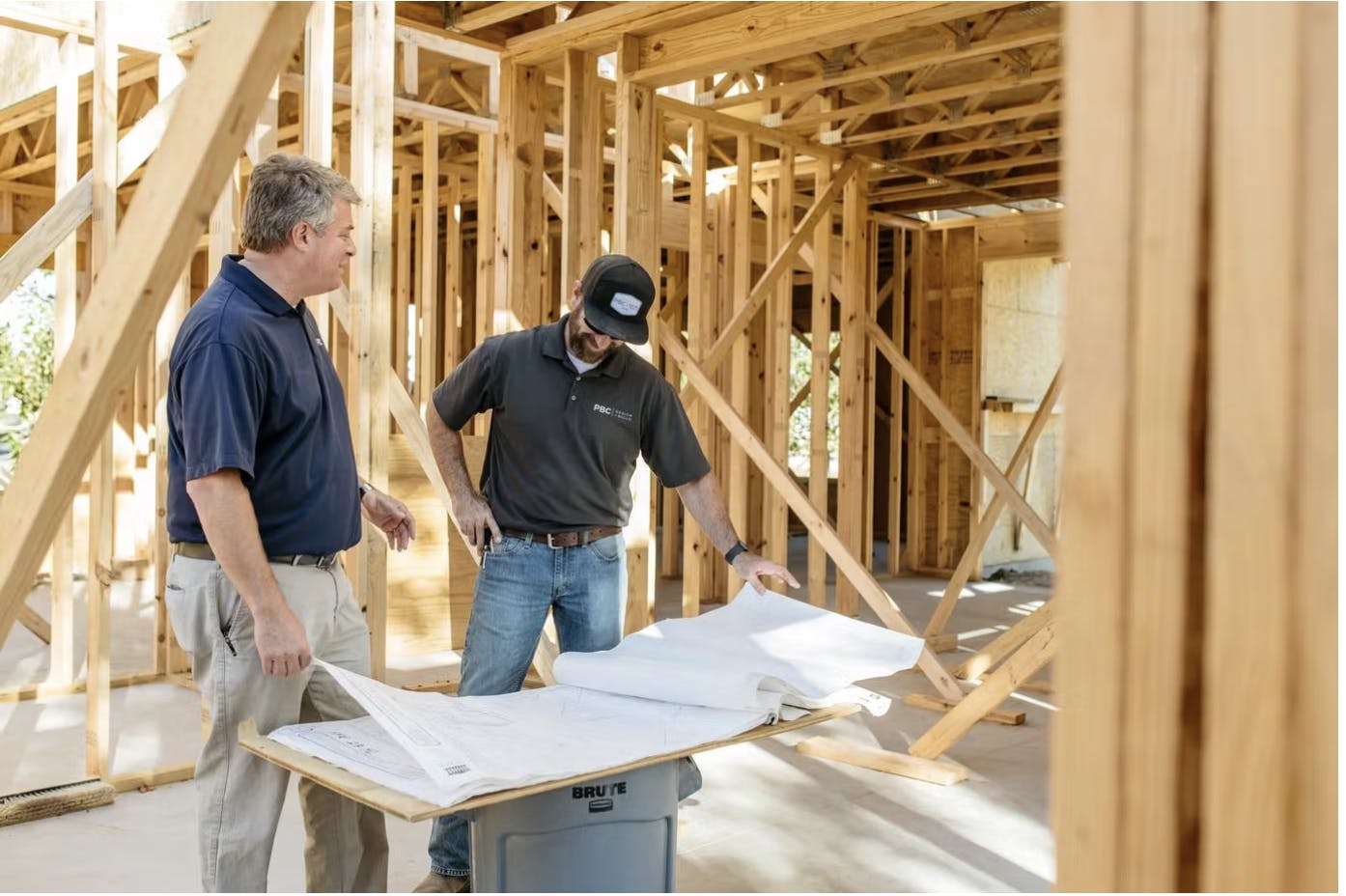
Navigating Challenges & Advancing Your Career
Now that you have answered the question, “how do you get into construction” and have been hired in a position, working hard and showing your appetite for learning is likely to help you advance. Here are some other ways to keep moving forward:
- Be Patient: Getting ahead may require a little patience. Unfortunately getting promoted or a raise does not happen overnight. That being said, if months and months pass with no sign that your employer is willing to help you learn, or is not doing quality work, it may be time to look for a position at another company.
- Seek Growth Opportunities: At some point you may want to ask your manager for feedback about how you are doing and when he or she thinks you are ready for the next step. Perhaps the first few months on the job have sparked your interest in a particular trade. Learn more about the requirements of that trade, and what you need to do next to start on that path.
- Take Care of Yourself: Construction work can be hard on your body, especially if you start off as a laborer. Taking care of yourself, like eating, and sleeping well and drinking lots of water to avoid dehydration means you will have the stamina over the long haul. Getting injured can impact a construction career. Also, make sure you are provided proper safety equipment and that you are not being asked to lift weights that could lead to injury.

How to Start a Residential Construction Business
The home construction business provides a multitude of opportunities for those willing to put in the work and the learning it takes to hone the required skills. With a labor shortage throughout the industry, it is possible to get into the field with little or no experience, and gain training on the job. For those who gain the skills, certifications and training, there are many different paths available to them.
Now that you know how to get into the construction industry, maybe you’re already thinking about what’s next. Many builders who gain the experience, skills and know-how eventually decide to pursue their own business. Learn more about How to Start a Residential Construction Business.
No matter where you ultimately land in the construction industry, technology will play a huge role in the work you do. Sign up for a free trial of Houzz Pro’s construction management software, a tool that helps both aspiring and successful home construction professionals manage projects and find jobs.

Want advice delivered to your inbox?
Unlock industry insights and updates for contractors and design pros
By signing up, I agree to the Houzz Terms of Use and Privacy Policy and that Houzz may use my information to contact me about relevant content, products, and services.





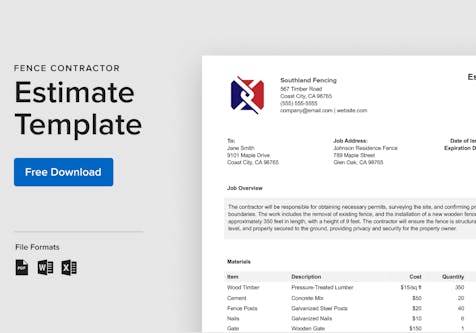




Join the conversation by commenting or asking a question below. The Houzz team reads every single comment, and we’ll get back to you by email if you need us!